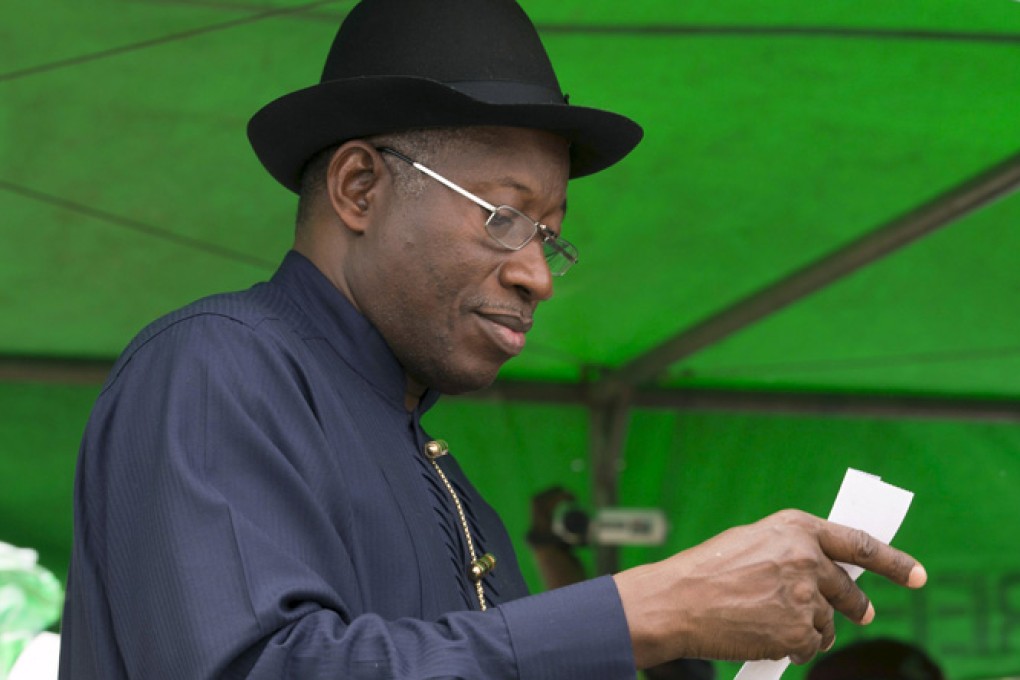Luck runs out for president Goodluck Jonathan as Nigerian opposition wins landmark election
President Goodluck Jonathan publicly conceded defeat in the presidential election to Muhammadu Buhari, expressing his gratitude for the opportunity to lead the nation.

Goodluck Jonathan’s rise to the top of the pile in Nigeria’s ruthless political world has been described as accidental – a matter of good luck.
But the amazing run of coincidence and chance that brought the son of a canoe maker to the presidential villa in the capital Abuja, seems to have come to an end.
Jonathan publicly conceded defeat in the presidential election to Muhammadu Buhari, expressing his gratitude for the opportunity to lead the nation.
Official final results are yet to be announced but Buhari ended the race some 2.5 million votes ahead, marking the first democratic transfer of power in Nigeria’s history.
“I thank all Nigerians once again for the great opportunity I was given to lead this country and assure you that I will continue to do my best at the helm of national affairs until the end of my tenure,” he said in a statement.